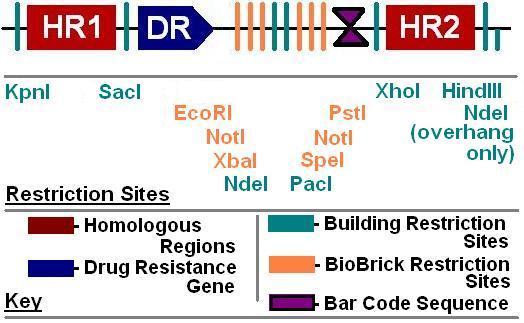Team:Michigan/Project
From 2008.igem.org
(Difference between revisions)
| Line 46: | Line 46: | ||
[[Team:Michigan/Project/Fabrication]] | [[Team:Michigan/Project/Fabrication]] | ||
| - | |||
| - | |||
| - | |||
| - | |||
| - | |||
| - | |||
| - | |||
| - | |||
| - | |||
| - | |||
| - | |||
| - | |||
| - | |||
| - | |||
| - | |||
| - | |||
| - | |||
| - | |||
| - | |||
| - | |||
| - | |||
| - | |||
| - | |||
| - | |||
|} | |} | ||
Revision as of 01:08, 27 October 2008
|
|---|
AMRIT'S CHOICE # 1:
Sequestilator ModelingIf you like the way this looks, you could put a summary of what you modeled here and then we can have a separate page for modeling, which might be a good idea. |
Sequestilator FabricationIf you like the way this looks, you could put a summary of what you built here and then we can have a separate page for fabrication, which might be a good idea. |
|---|
 "
"

